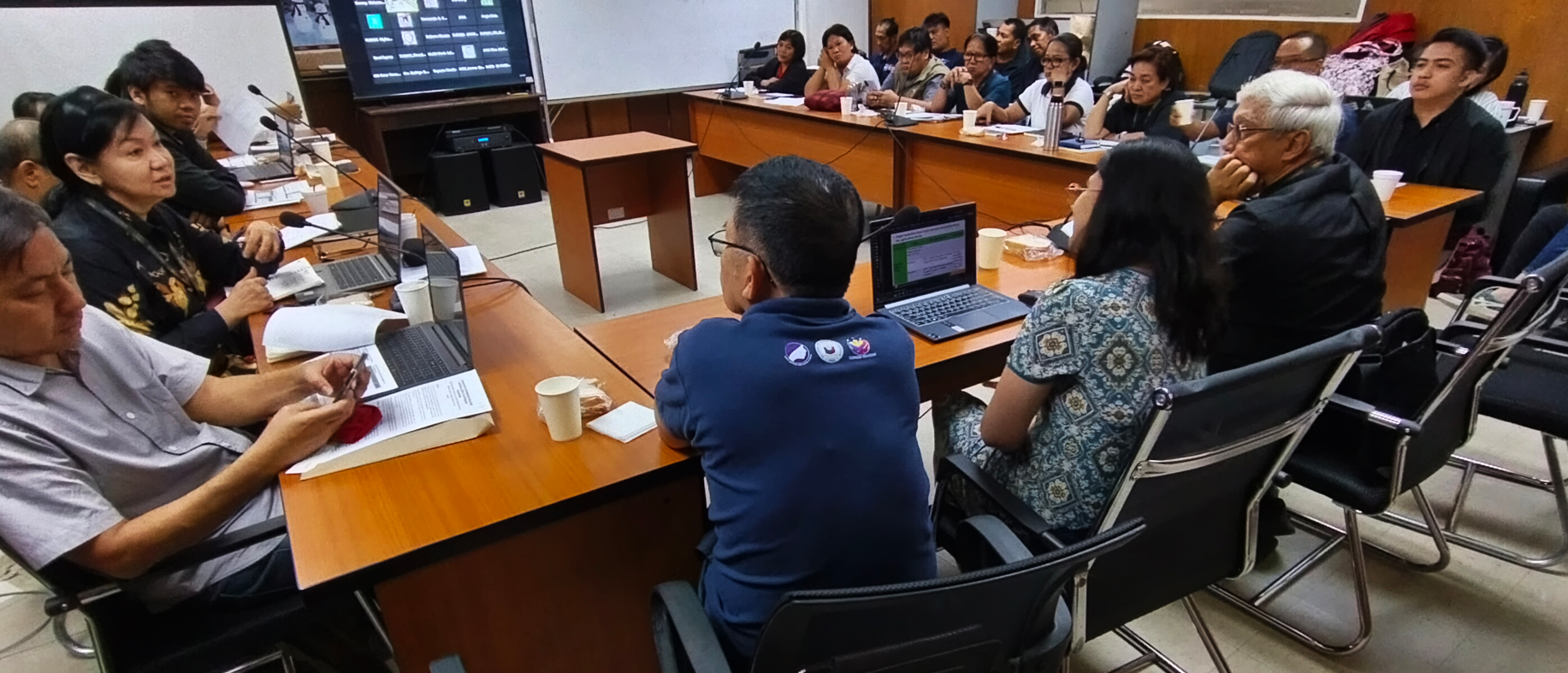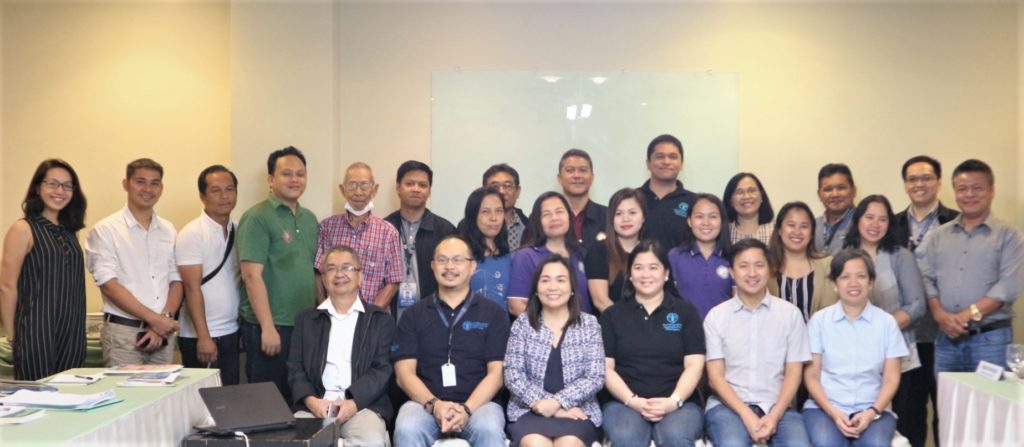


CAGAYAN DE ORO CITY, Philippines – Some 20 to 30 years ago, landmark reform legislations were enacted in the Philippines – the Comprehensive Agrarian Reform Law (CARL) in 1988, the Indigenous Peoples Rights Act (IPRA) in 1997, and the Philippines Fisheries Code (PFC) in 1998. These land and resource tenure reforms were instituted in response to the clamor for rights to resources by different sectors – farmers and farmworkers, indigenous cultural communities, and small fisherfolk.
Decades thereafter, questions are now raised on how well these reforms and social justice programs have been implemented. Moreover, there are uncertainties as to how responsive these State policies have been to the realities faced by the poor rural sectors. One major challenge in enhancing the tenurial security of the rural poor is the sectoral approach in addressing land issues, especially given issues with the land administration system in the country.
It is with the above-mentioned context in mind, that the Asian NGO Coalition for Agrarian Reform and Rural Development (ANGOC), FAO Legislative Advisory Group – Philippines (FLAG-PH), Xavier Science Foundation, Inc. (XSF), and the Regional Development Council of Region 10 (Northern Mindanao), organized the Forum on the State of Land and Resource Tenure Reform: The Relevance of the VGGT and VGGSF towards Enhancing Food and Nutrition Security in Region X.
The forum was held on 20 August 2019, at the Mallberry Suites in Cagayan de Oro, Misamis Oriental. It was attended by 25 individuals (14 males, 11 females) from regional, provincial, and city government agencies, civil society organizations, the Food and Agriculture Organization of the United Nations (FAO), and a representative of Congressman Klarex Uy from the first district of Cagayan de Oro.

National Economic and Development Authority (NEDA) Region 10 Director Mylah Faye Aurora B. Cariño opened the forum, stating that while many people in Region X are employed in agriculture, the sector has the lowest labor productivity. NEDA is in the process of finalizing its regional development plan, which hopes to address concerns on agriculture and food security in Northern Mindanao, among other matters.
NEDA Region X Assistant Regional Director Leonila Cajarte then presented the preliminary contents of their regional development plan’s chapter on food security and nutrition, which were opened for inputs from the rest of the participants.
A presentation from ANGOC on the status of asset reform implementation as of 2018 revealed that asset reforms brought the transfer of ownership rights covering over 12 million hectares, much is yet to be desired in terms of completing asset reforms.
For agrarian reform, there are more than 500 thousand hectares of lands left undistributed, many farmers are still unable to enter their awarded lands, and the provision of support services still falls short. For ancestral domains under the IPRA, 171 Certificates of Ancestral Domain Titles (CADTs) remain unregistered, and over 2 million hectares of ancestral domains have yet to be covered by CADTs. Indigenous peoples also manifest difficulties in asserting to governments and private entities their rights to govern over their land, even with a CADT in place. For fisheries reform on the other hand, only 7.2% of coastal LGUs have completed their municipal water delineation, and there are still no implementing rules and regulations for the fisherfolk settlements provided for by the Fisheries Code.
What followed was an overview of the VGGT and VGSSF, presented by Roel Ravanera of Xavier Science Foundation, Inc. (XSF) and Marita Rodriguez of NGOs for Fisheries Reform (NFR).
The VGGT have been endorsed by the Committee on World Food Security on 11May 2012. These guidelines set out internationally-accepted principles and standards for responsible practices and provide a framework which may be used by the private sector, governments, and civil society to develop their own policies and programs. They also offer stakeholders with their own context-specific answers to essential questions related to the recognition and allocation of tenure rights, the transfer of tenure rights, and the administration of tenure, including the resolution of disputes.

The VGSSF on the other hand, is the first international instrument solely dedicated to the oft-neglected fisheries sector. It offers standards for the creation of policies to ensure responsible fisheries and sustainable development, as well as for cultivating an enabling environment for such policies. The VGSSF incorporates timely components on gender equality and climate change.
The two global frameworks offer a holistic approach to tenure and resource governance, given the complex land administration system in the Philippines. Although voluntary, both guidelines prove to be useful to adopt in the country’s context.
An observation was made by participants, that the guidelines discussed are congruent with provisions in the proposed National Land Use Act (NLUA), which has been pending in Congress for more than two decades. The NLUA aims to contribute to food security by sustainably managing the country’s natural endowments through a land management framework with four land-use categories. Should the NLUA be passed, it would prohibit the conversion of prime agricultural lands, to conserve the remaining areas used to cultivate the country’s consumption requirements. Participants formed a consensus on their call to enact the NLUA.
Forum participants also agreed to continue engagements with one another, especially in light of the finalization of NEDA’s regional development plan. ☐
